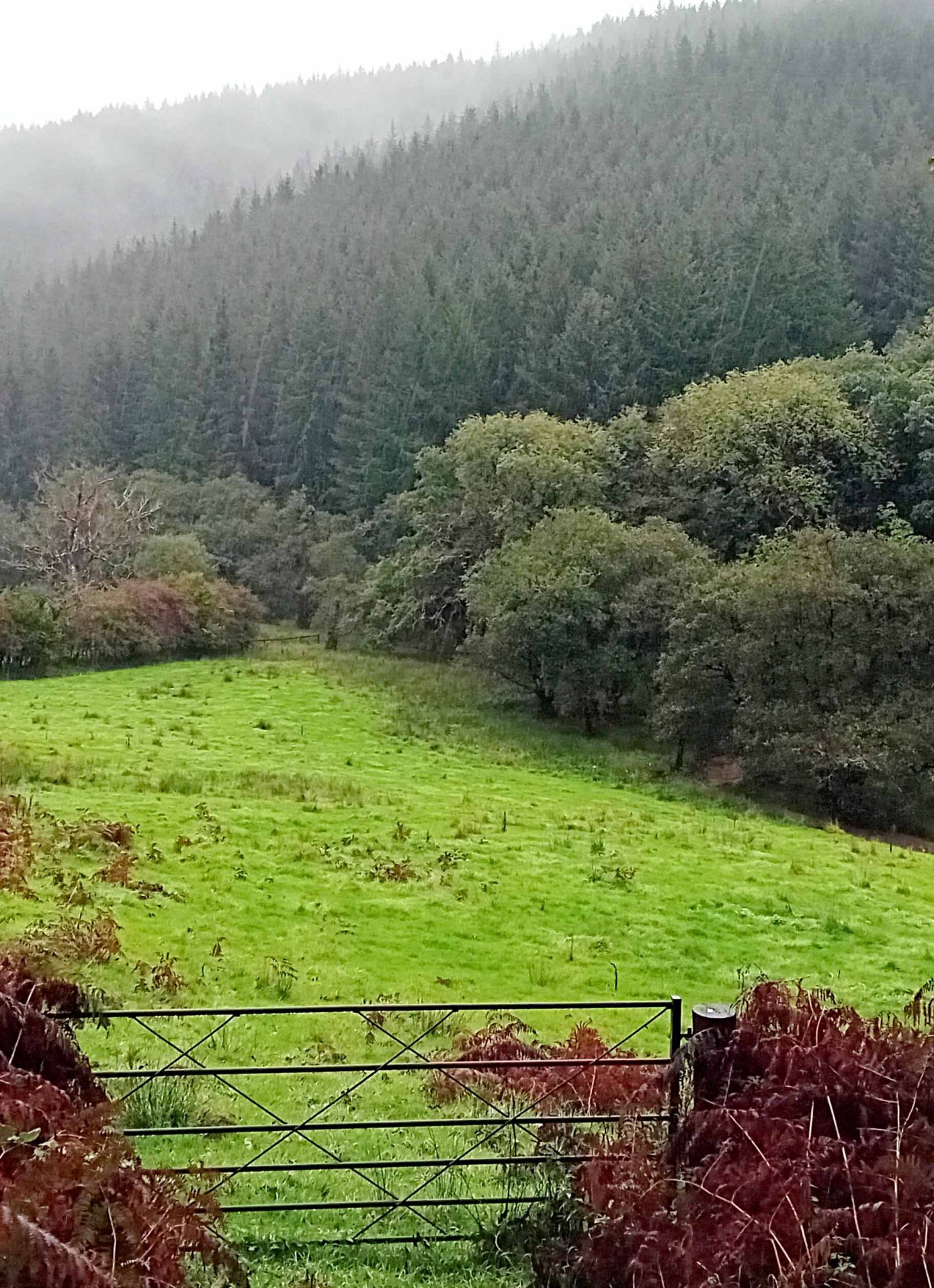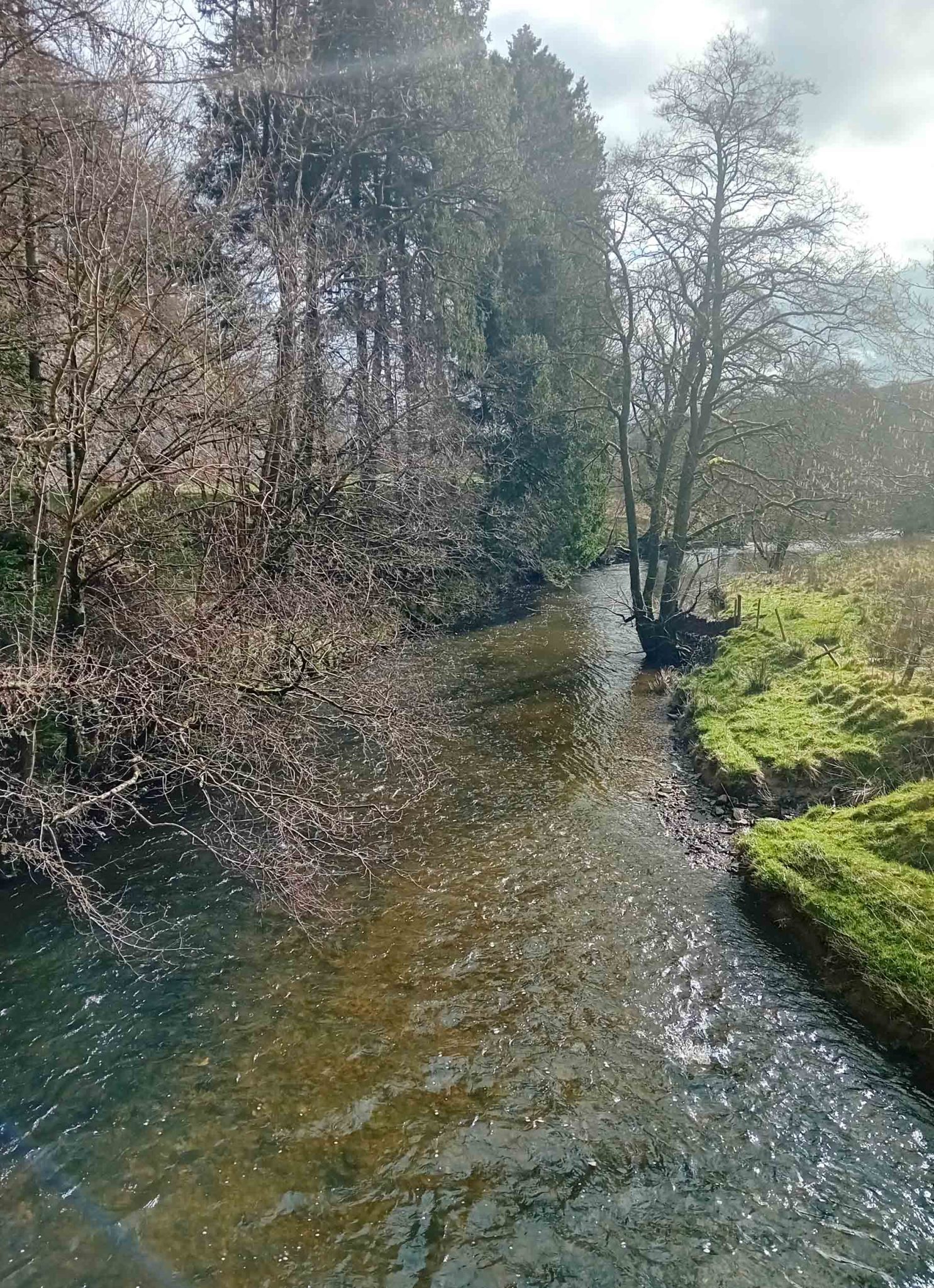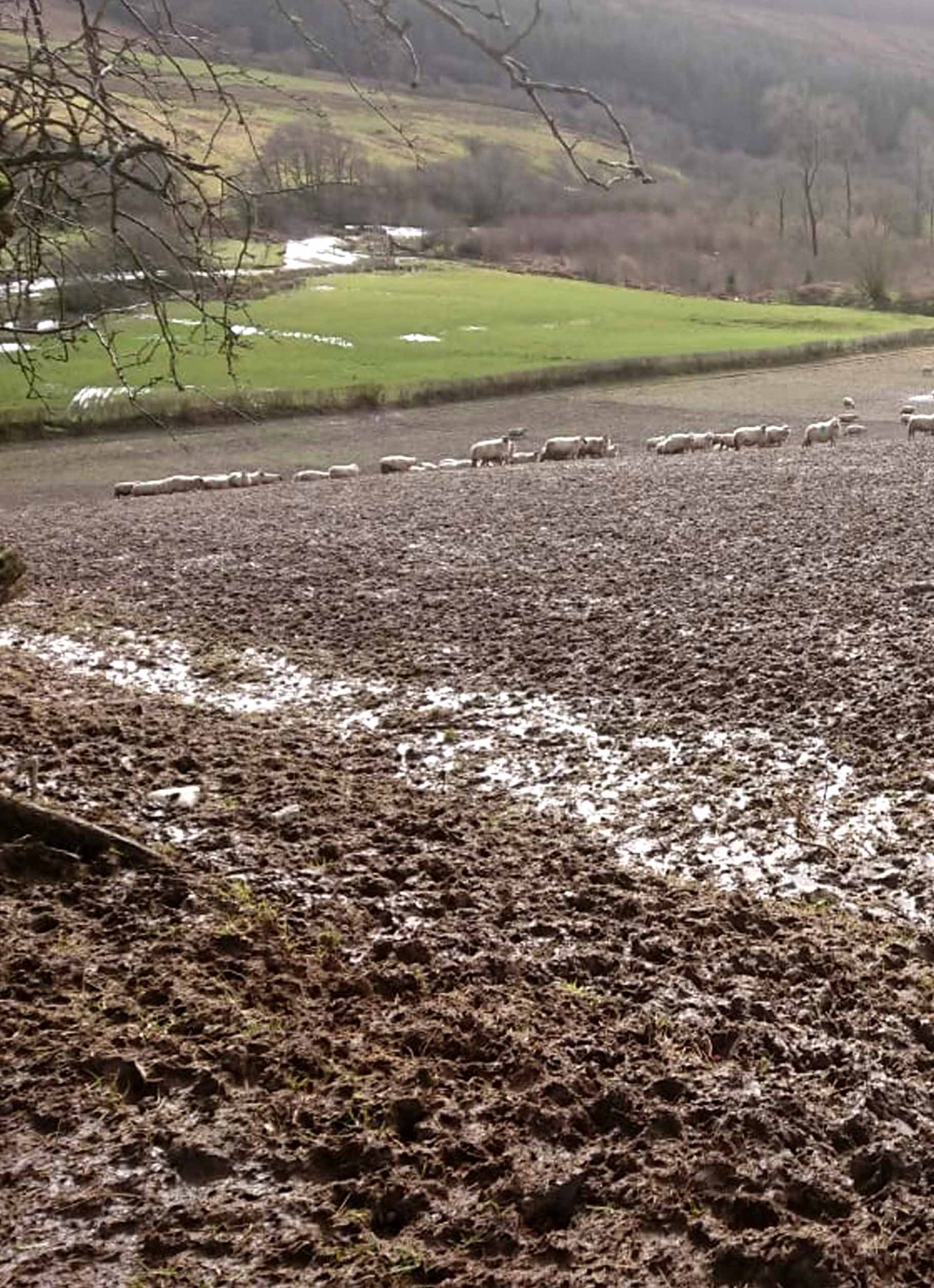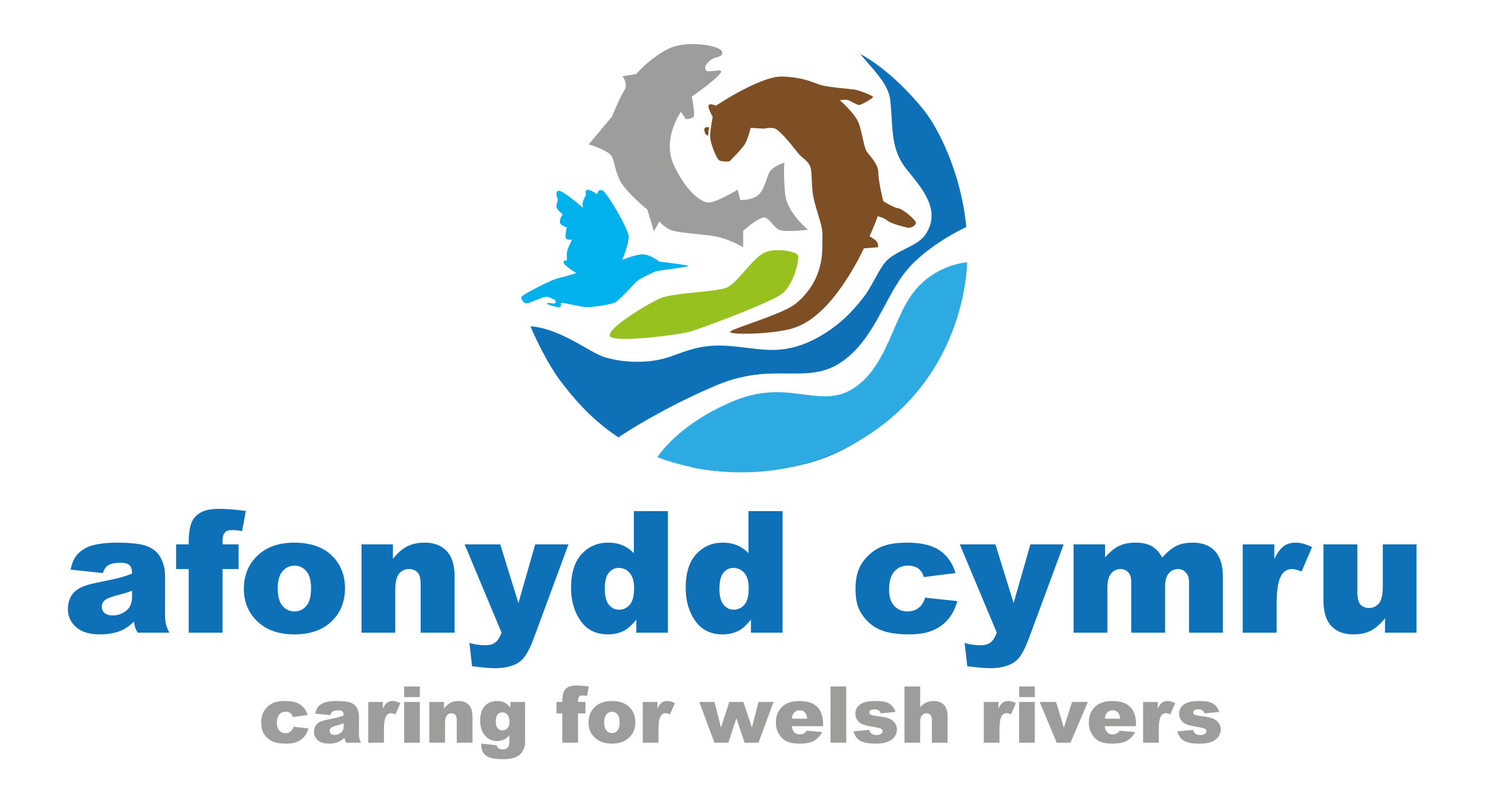
SFS requires farms to come up to the target of 10% for tree cover and 10% wildlife habitat, not to take a further 20% of land out of food production.

The only measure within SFS that might lead to cleaner rivers is extra tree cover, but only if the right tree is planted in the right place.

Anyone driving through the Welsh countryside this winter cannot have failed to notice the number of bare fields, often with a line of sheep progressing their way across stubble turnips.
Welsh Government’s Sustainable Farming Scheme (SFS) consultation finishes today. But will the scheme’s implementation lead to clean, healthy rivers in Wales?
Unfortunately, the answer is a resounding no.
Thursday 7th February, 2024
The closing of the third and final consultation on SFS has come this week amongst considerable controversy on all sides. Farmers across Wales have been out demonstrating against the scheme while some in the environmental lobby were alarmed by the joint statement by the First Minister and Minister for Rural Affairs on 27th February, which they feared signalled that the SFS was about to be watered down.
These fears were based largely on a misunderstanding about a review that the Ministers announced. This related to the agricultural pollution regulations introduced by Welsh Government in 2021 designed to address the unacceptably high level of agricultural pollution. However, it was always planned to take place to evaluate the effectiveness of the regulations, with the findings due to be reported in spring 2025.
There has also been misunderstanding on the farming side too. Much of the controversy has centred around the claim that SFS requires farmers to take an extra 20% of their land out of food production: 10% for tree cover and 10% for wildlife habitat.
This is not accurate. SFS only requires farms to come up to these two 10% targets from their current situation. As Coed Cadw has pointed out, on average farms in Wales have 6-7% tree cover already so this will not result in the scale of reduction of land for food production that many farmers fear.
Legitimate farming Concerns
Farmers’ concerns about the lack of clarity that the SFS scheme provides on the future income that they will receive are legitimate, however. This makes it very difficult for them to decide whether to join the scheme and to make long term plans.
There are also concerns surrounding the lack of clarity about the scheme for tenant farmers.Â
Why SFS will not lead to clean rivers
Even if SFS is widely adopted and remains in its current form, it will not result in clean and healthy rivers.
The problem is that apart from tree cover (and only if the right trees are planted in the right place) none of its measures really tackle the major environmental impact from agriculture on our rivers, which is pollution. According to Welsh Government, the agricultural sector is estimated to be contributing 62% of the phosphate in Wales’s failing SAC rivers.
Some of the measures in SFS that would pay for cover crops may include forage crops such as stubble turnip, which could even make the problem worse. These will cause soil erosion and siltation and result in significant reductions in water quality and biodiversity.
Anyone driving through the Welsh countryside this winter would not fail to notice the number of bare fields, often with a line of sheep progressing their way across stubble turnips. And worryingly for rivers, more of these fields appears to be now located on steep slopes and close to rivers.
What really needs to happen
To make farming in Wales environmentally sustainable, Welsh Government and Natural Resources Wales need to ensure that the farming sector is compliant with all the relevant environmental regulations, just like any other sector.
The control of agricultural pollution regulations were introduced because the incidence of detected pollution events caused by agriculture was consistently averaging three a week. But despite their introduction we see no sign of improvement.
Recent enforcement data obtained by Afonydd Cymru shows quite how passive the regulator has been in this area. For a sector that is contributing 62% of the nutrients entering Welsh rivers to only receive 39 prosecutions in the last 8 years tells its own story.
Natural Resources Wales argues that prosecutions are a sign that regulation has failed and that compliance is best achieved by advice and lesser enforcement measures.
We would contend that the true indicator of regulatory failure is that the pollution incidents occur in the first place.
Many of the causes of these pollution events could be solved by low cost investments such as adequate farmyard guttering to separate clean and dirty water or easily avoided such as by spreading slurry at the prescribed times and places.
But until Natural Resources Wales ensures that all farms comply with all relevant environmental legislation we will not have clean and healthy rivers.
We very much hope that the current impasse around SFS can be resolved and a scheme can be developed that is widely taken up by most farmers. It is clearly vital that farming is both economically and socially sustainable.
However, we should not look to SFS to ensure that farming will be totally environmentally sustainable and certainly not to deliver the clean and healthy rivers we all want.
As for the water industry, this will require compliance with the standards set in our environmental legislation which in turn also requires effective regulation and enforcement.
